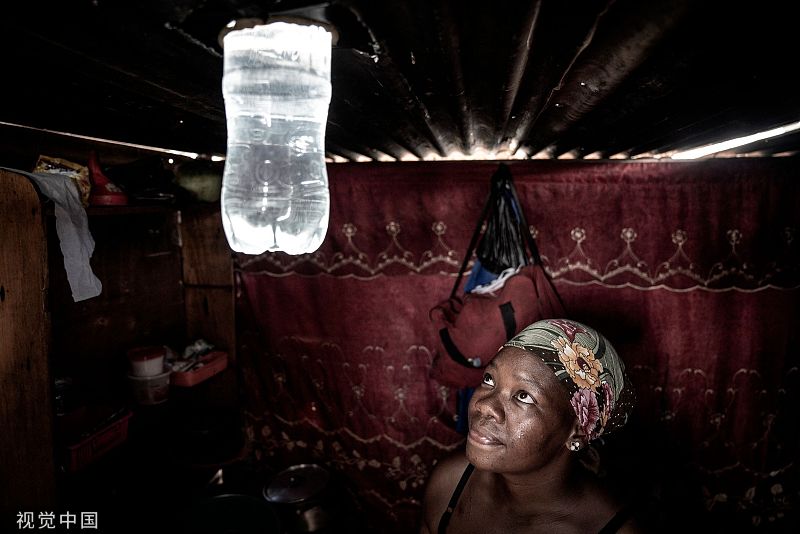World missing UN goals for Sustainability
By Earle Gale in London | chinadaily.com.cn | Updated: 2023-06-06 23:28

The world is not on track to meet the United Nations' sustainable development goals for energy by the target year of 2030, new research from the International Energy Agency, International Renewable Energy Agency, United Nations Statistics Division, World Bank, and World Health Organization has concluded.
Their joint report, titled Tracking Sustainable Development Goal 7: The Energy Progress Report, looked at the UN's aspiration for everyone to have access to affordable, reliable, sustainable, and modern sources of energy by the year 2030.
The report, released on Tuesday, is the latest in a series of studies published annually by the organizations since 2018. It found the required doubling of historic rates of efficiency improvements and the massive increase in the use of renewable energy that is needed to meet the goals have not happened to the necessary extent.
The report said that, while achieving the goal would have a major impact on people's health and help reduce air pollution and minimize global warming, the world has not managed to invest enough time and effort into making it happen.
The research found, for example, that 567 million people in Sub-Saharan Africa were still without access to electricity in 2021 — the most recent year for which data was available. This accounted for 80 percent of the global total of people who do not have electricity.
The situation in Sub-Saharan Africa in 2021 was virtually the same as it had been in 2010, the report added.
The document concluded that around 2.3 billion people globally are still using polluting fuels to cook their food. The World Health Organization, or WHO, said 3.2 million people die every year from illnesses attributed to the use of such fuels.
Tedros Adhanom Ghebreyesus, the WHO's director-general, said: "We must protect the next generation by acting now. Investing in clean and renewable solutions to support universal energy access is how we can make real change."
He said clean cooking technologies in homes "and reliable electricity in healthcare facilities" would "play a crucial role in protecting the health of our most vulnerable populations".
Fatih Birol, executive director of the International Energy Agency, or IEA, said a global energy crisis largely attributed to the Russia-Ukraine conflict had led to high energy prices in recent months that had exacerbated the problem.
"While the clean energy transition is moving faster than many think, there is still a great deal of work needed to deliver sustainable, secure and affordable access to modern energy services for the billions of people, who live without it," Birol said.
The report writers said some progress had been made since last year's document but that "the current pace is not adequate to achieve any of the 2030 targets".
They noted that progress had been slowed recently by a range of factors, including "an uncertain macroeconomic outlook, high levels of inflation, currency fluctuations, debt distress in a growing number of countries, lack of financing, supply chain bottlenecks, tighter fiscal circumstances, and soaring prices for materials". They also said the novel coronavirus pandemic had also been a factor.
























